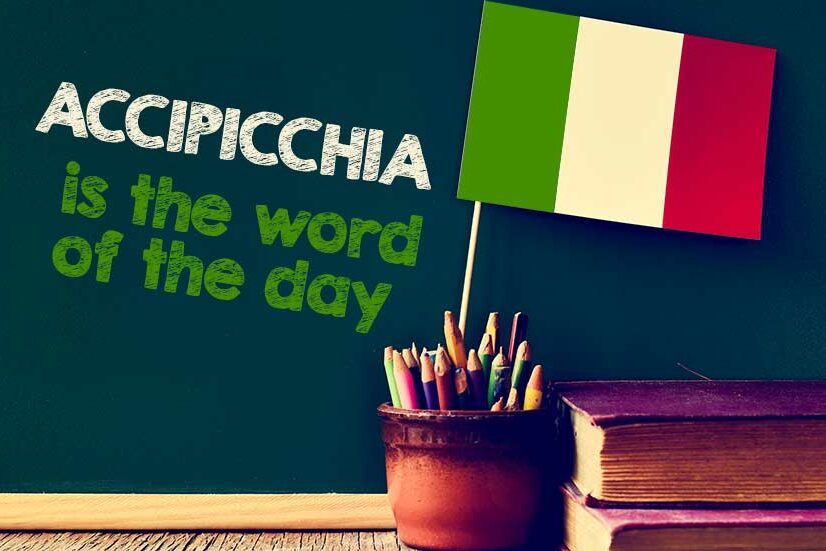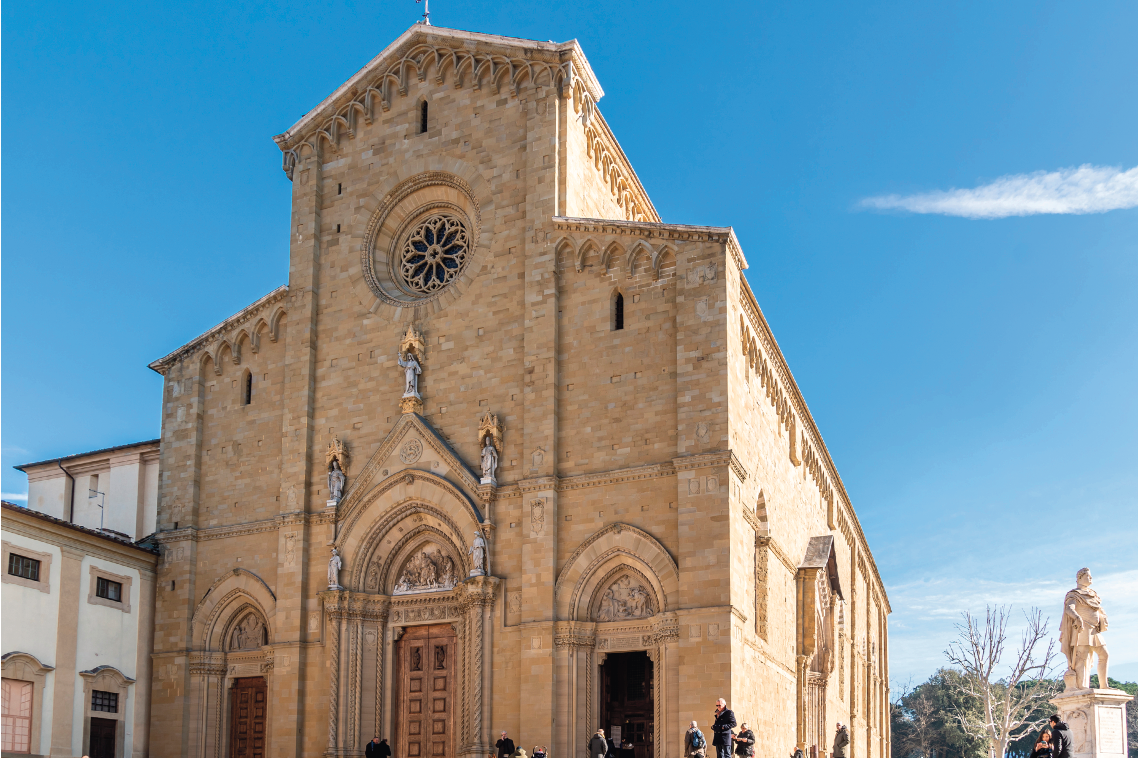Word of the Day
The Italian word aggeggio (A-dje-djo) is a delightfully versatile term that refers to a gadget, contraption, or small device, often of uncertain or questionable use. Its flexibility in meaning and usage makes it a staple of colloquial Italian, suitable for …
Today’s word is full of… drama! If you have spent any time around Italians – especially in moments of surprise, exasperation, or even gossip – you have probably heard the word oddio (ohd-dee-oh), a short, sharp, and expressive adverb, which …
The Italian word capriccio (cah-pree-tcho) has changed its meaning over centuries and if today we associate it to something we do on a whim, or to impulsiveness, once upon a time it also meant “discomfort.” Its etymology is linked to …
The Italian word dunque (doon-kuai) is a common conjunction and discourse marker, used to indicate consequence, inference, or to draw attention in conversation. Its etymology traces back to the Latin tunc (“then,” “at that time”) which, over time, evolved into the forms dunc or donque in Vulgar Latin …
The Italian word gioviale (djo-veeah-lai) carries a bright and cheerful meaning, as it describes someone or something as merry, good-humored, convivial and friendly. Its etymology is directly linked to the ancient Roman god Jupiter or Giove in Italian: in Classical …
The Italian expression senz’altro (sehn-tzal-troh) is a widely used phrase that translates to “certainly,” “of course,” or “without a doubt” in English. It is a way to affirm something with confidence and conviction, often implying an immediate or unquestionable response. …
The new year is just around the corner and, for many, it is customary to reflect on their achievements and experiences. In Italian, the term resoconto (rai-soh-cohn-toh) aptly delivers the meaning of this practice. Derived from the combination of reso …
The Italian word fiasco (fee-ah-skoh) originally refers to a type of bottle, specifically a round-bottomed glass flask often encased in a straw basket, traditionally used for Italian wines like Chianti. So, if you are at a local osteria somewhere in San …
The Italian word gelo (dje-loh) refers to intense cold, typically at or below 0°C (32°F), which causes water to freeze into ice. It derives from the Latin word gelu, meaning “intense cold” or “ice.” The word is used in various …
The Italian word malanno (mah-lahn-no) is an interesting and versatile term with layers of meaning and cultural significance. Its most common translation into English is “ailment” or “illness,” but its usage often extends beyond physical sickness to include mishaps, misfortunes, …



































